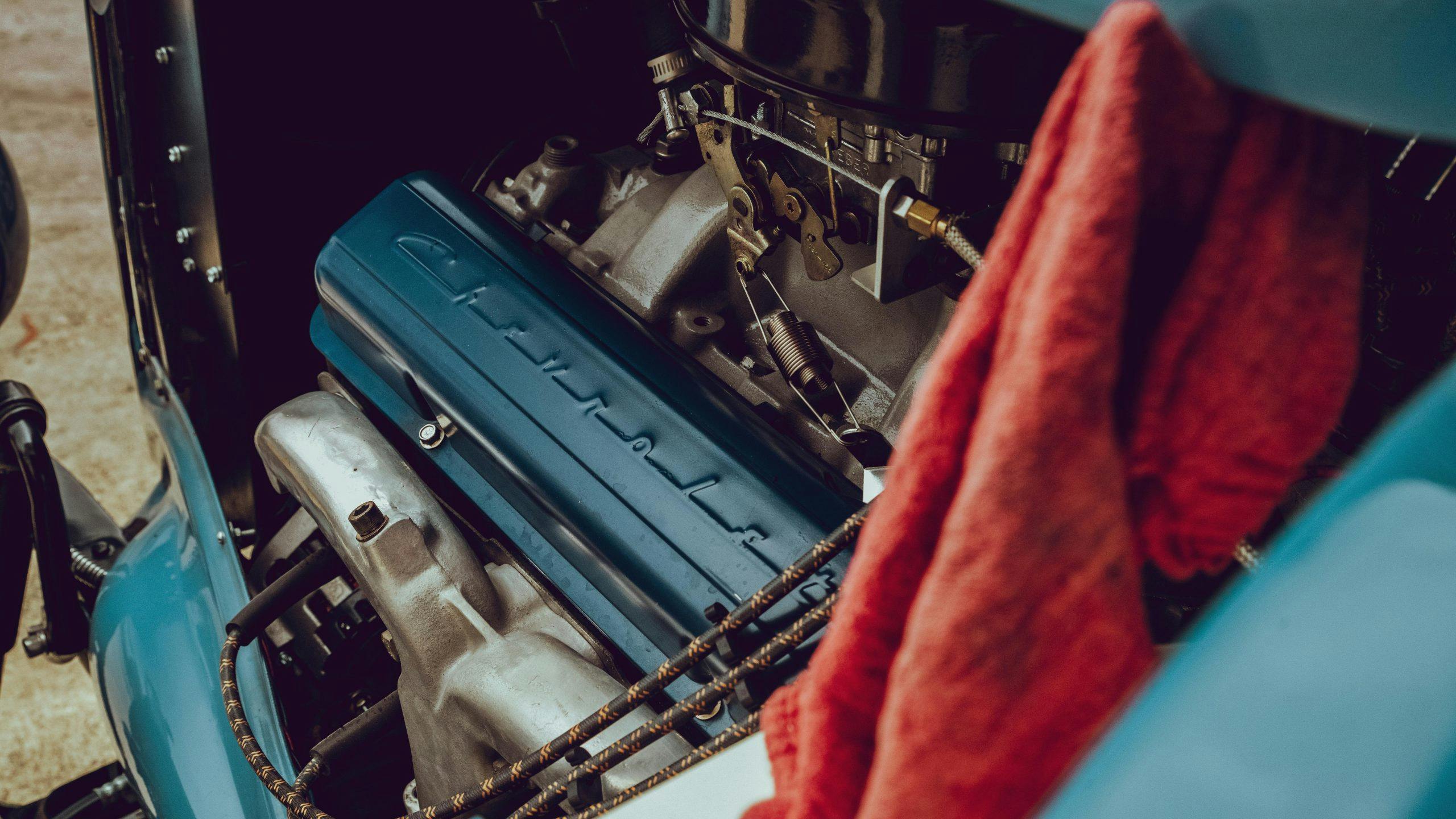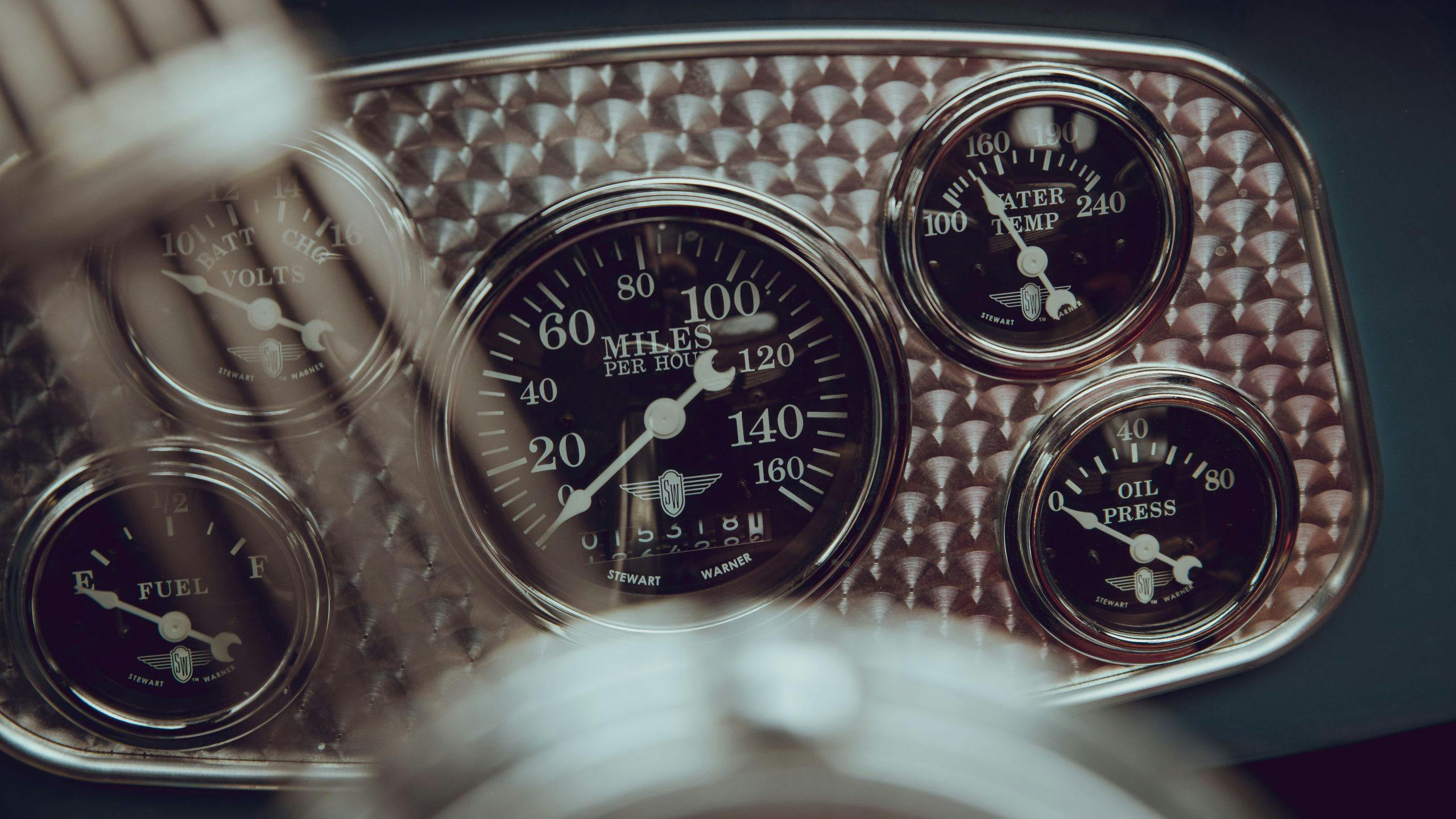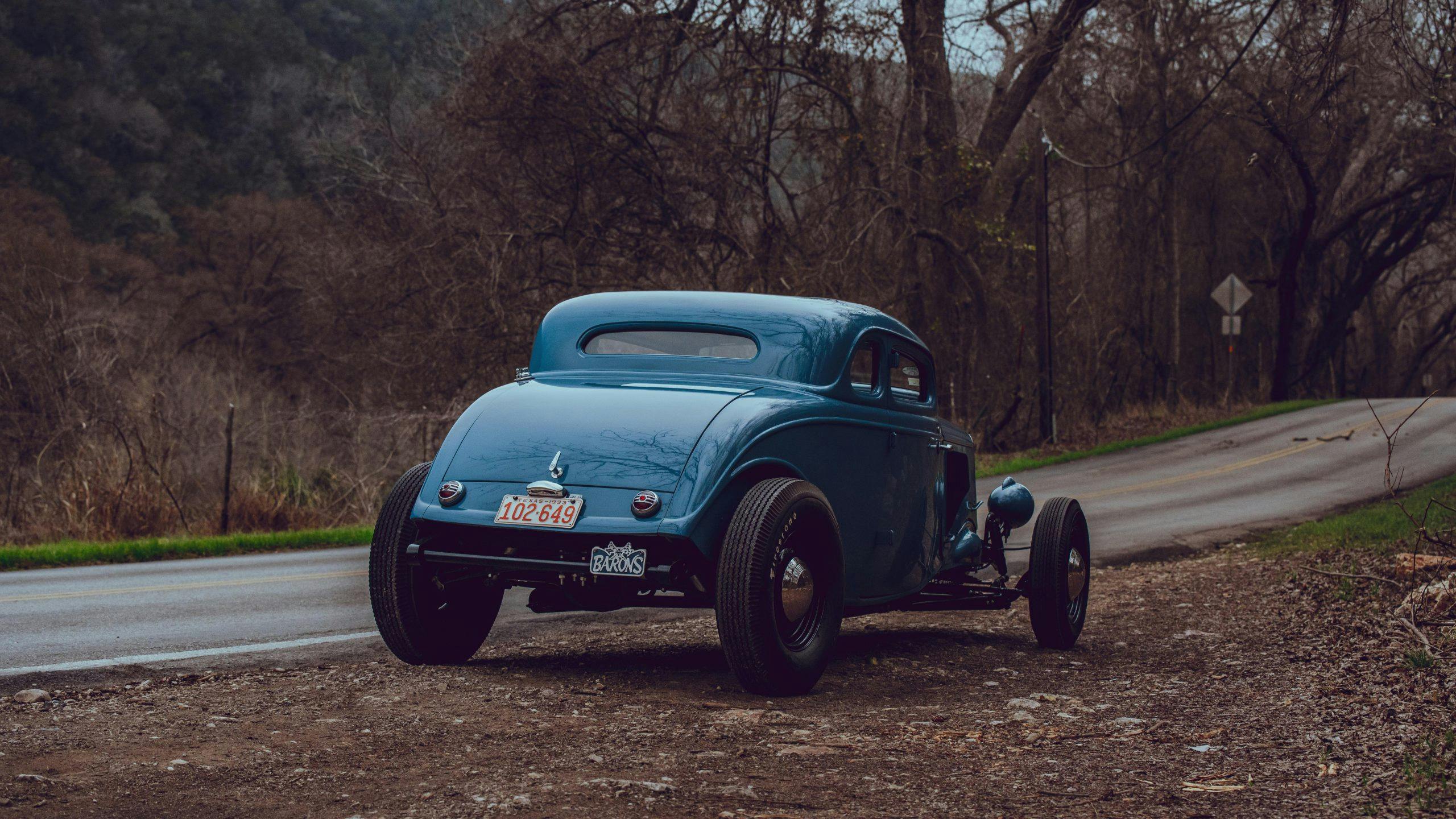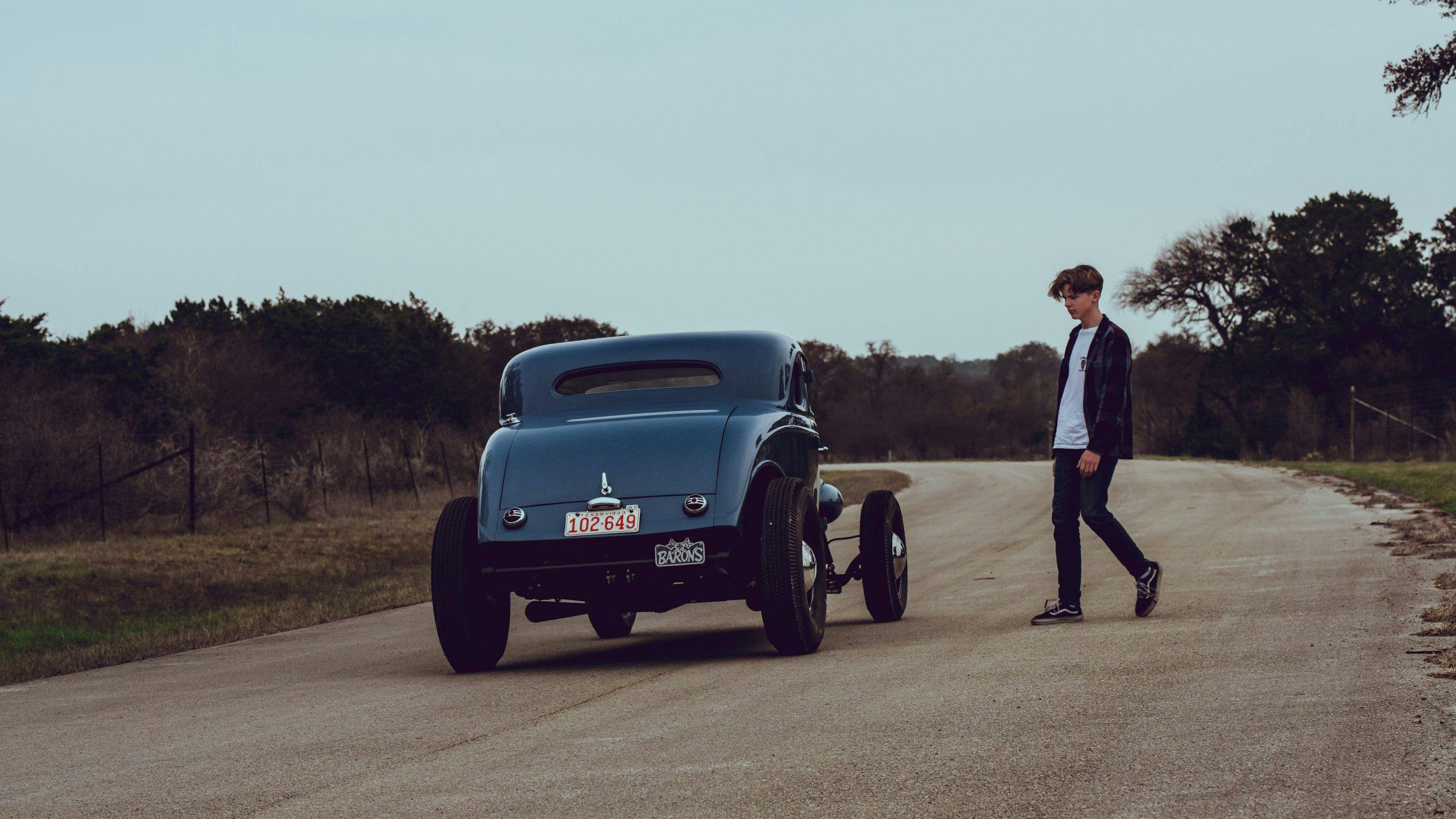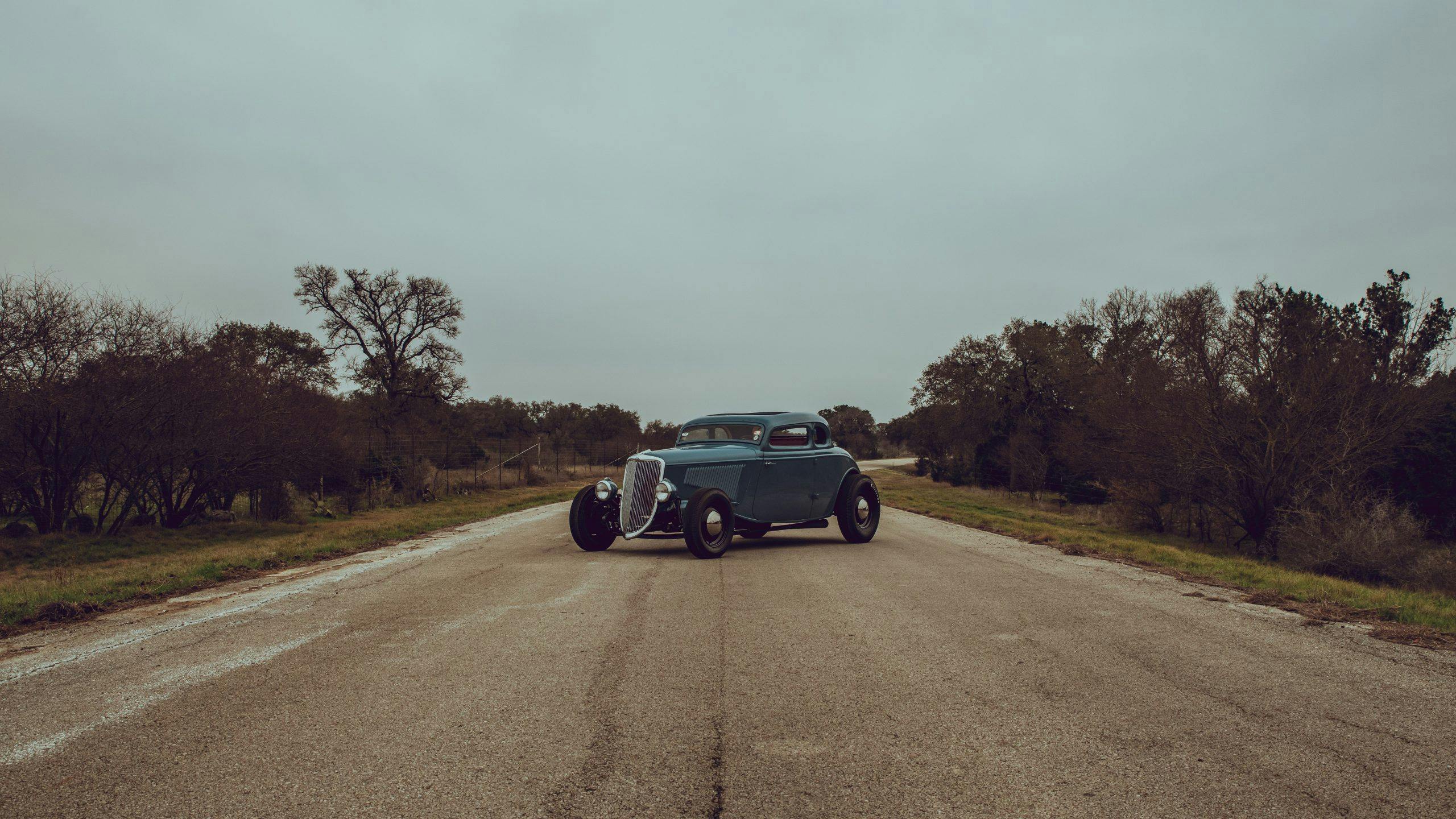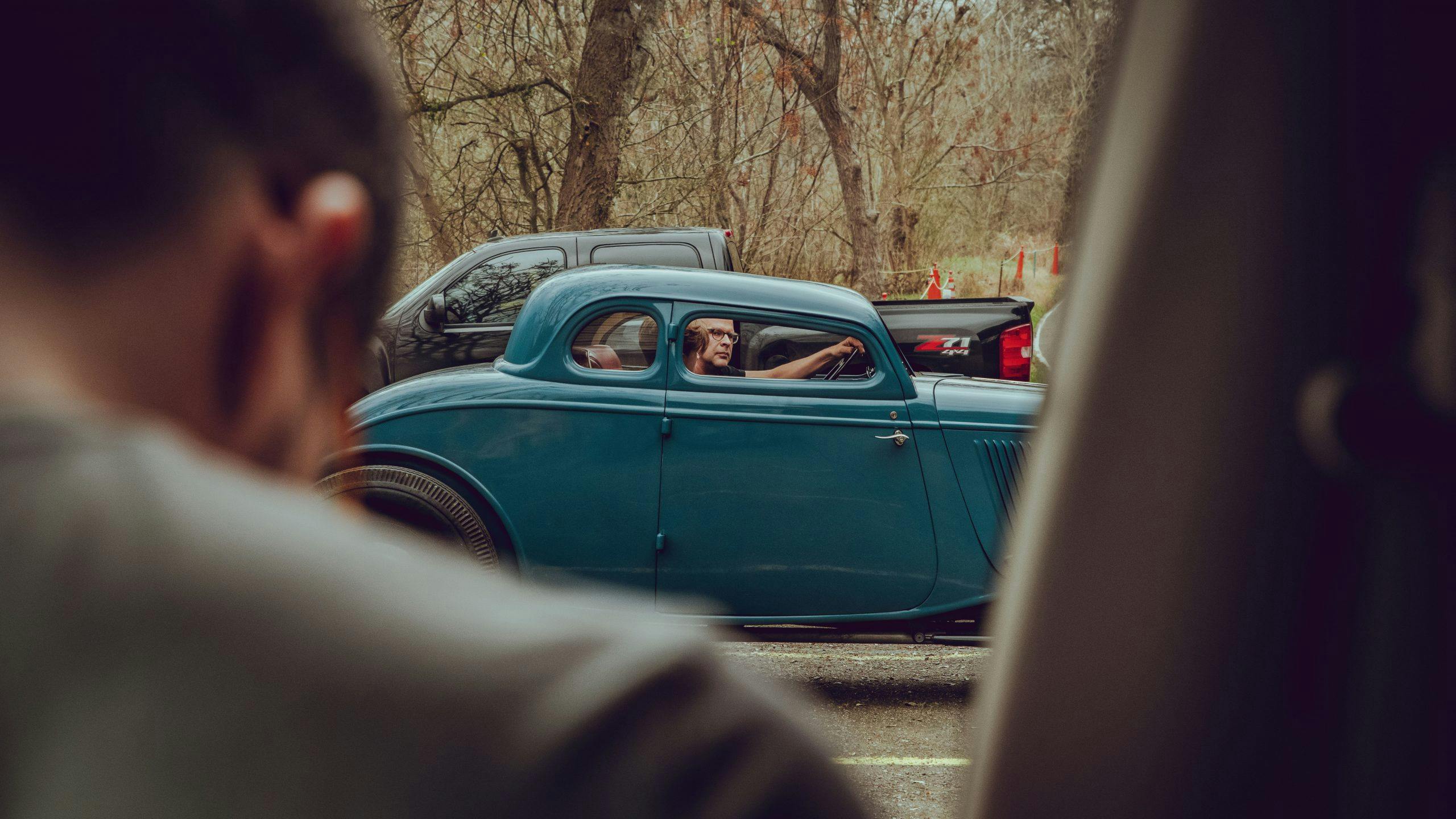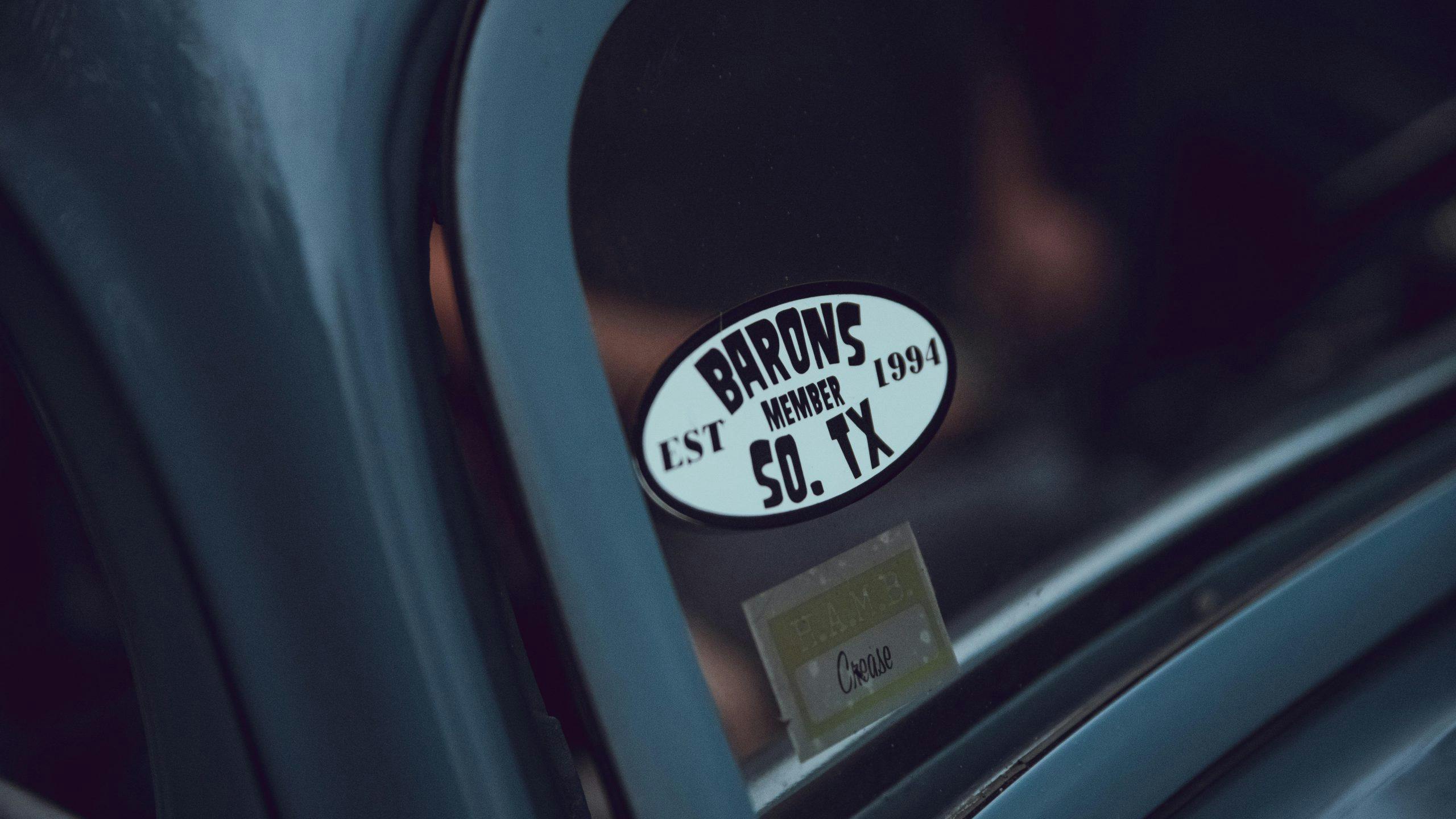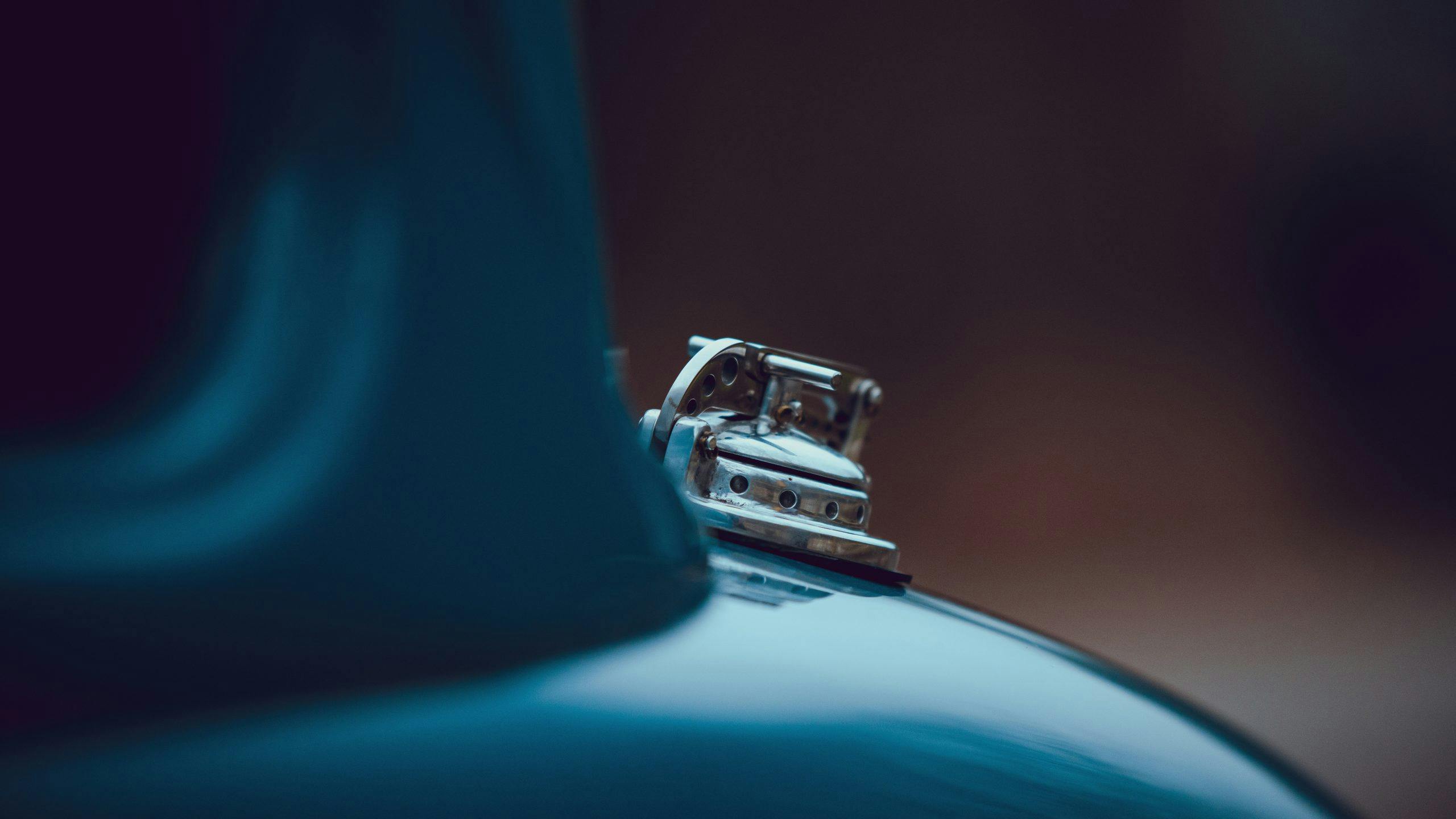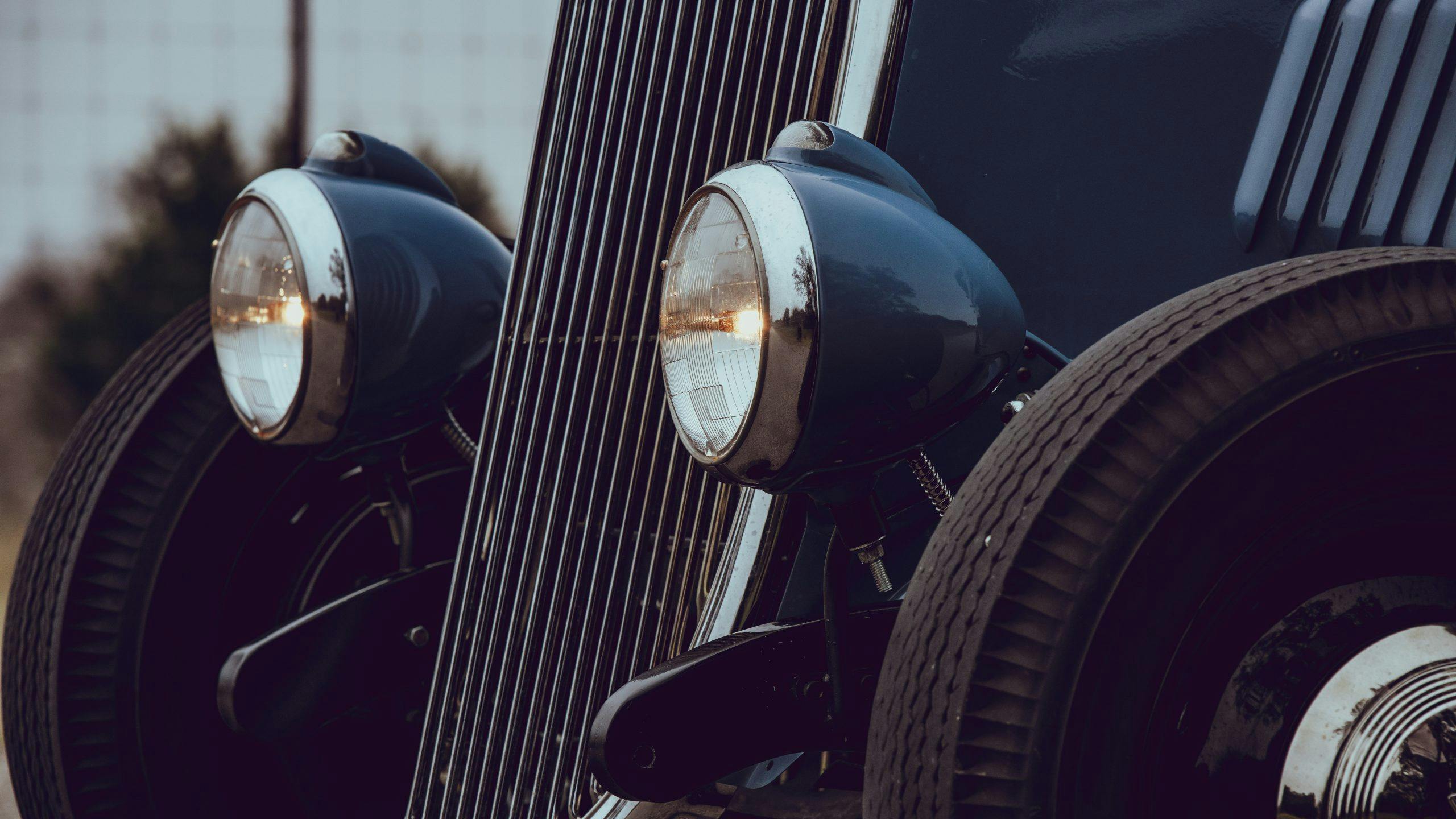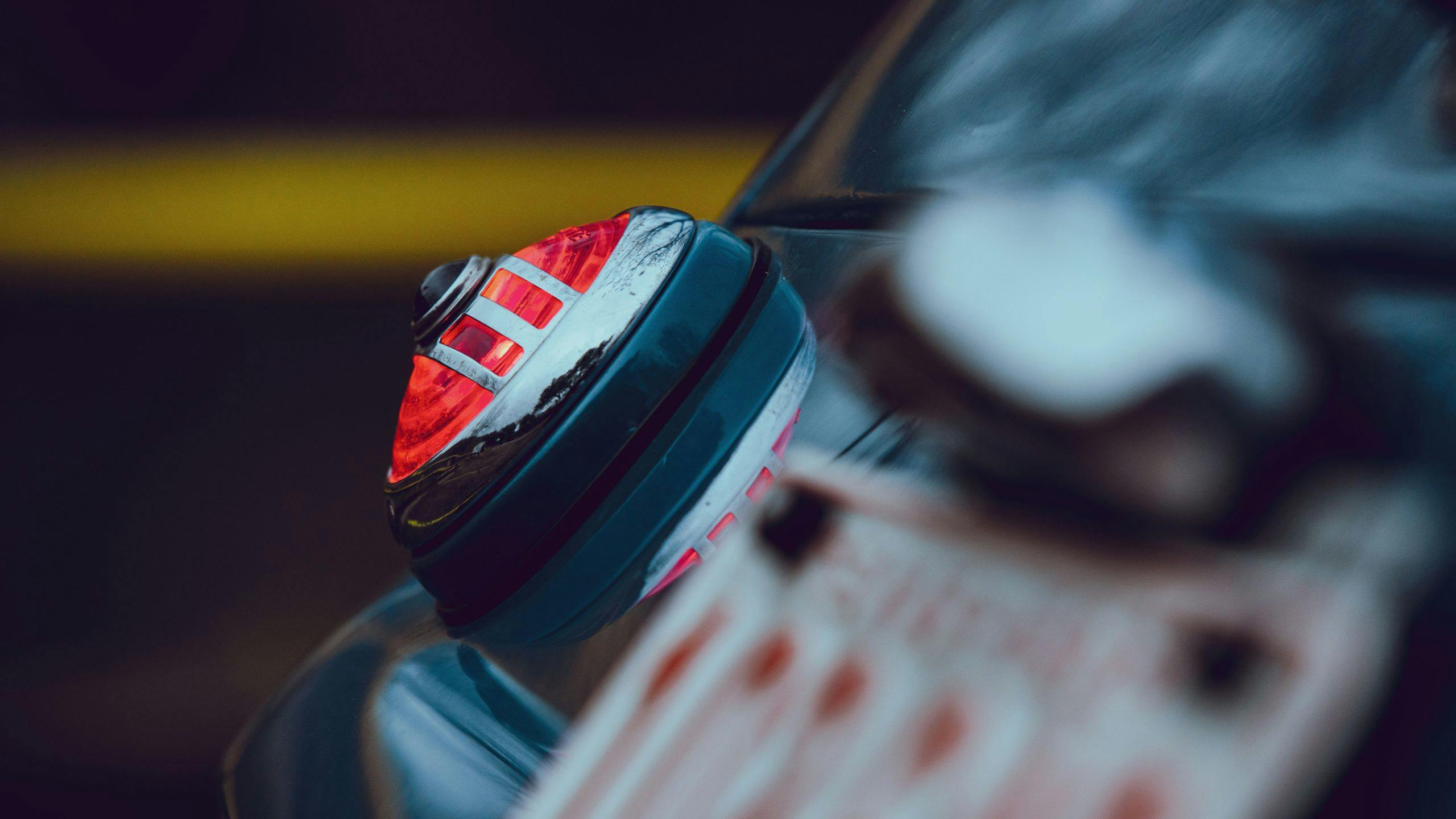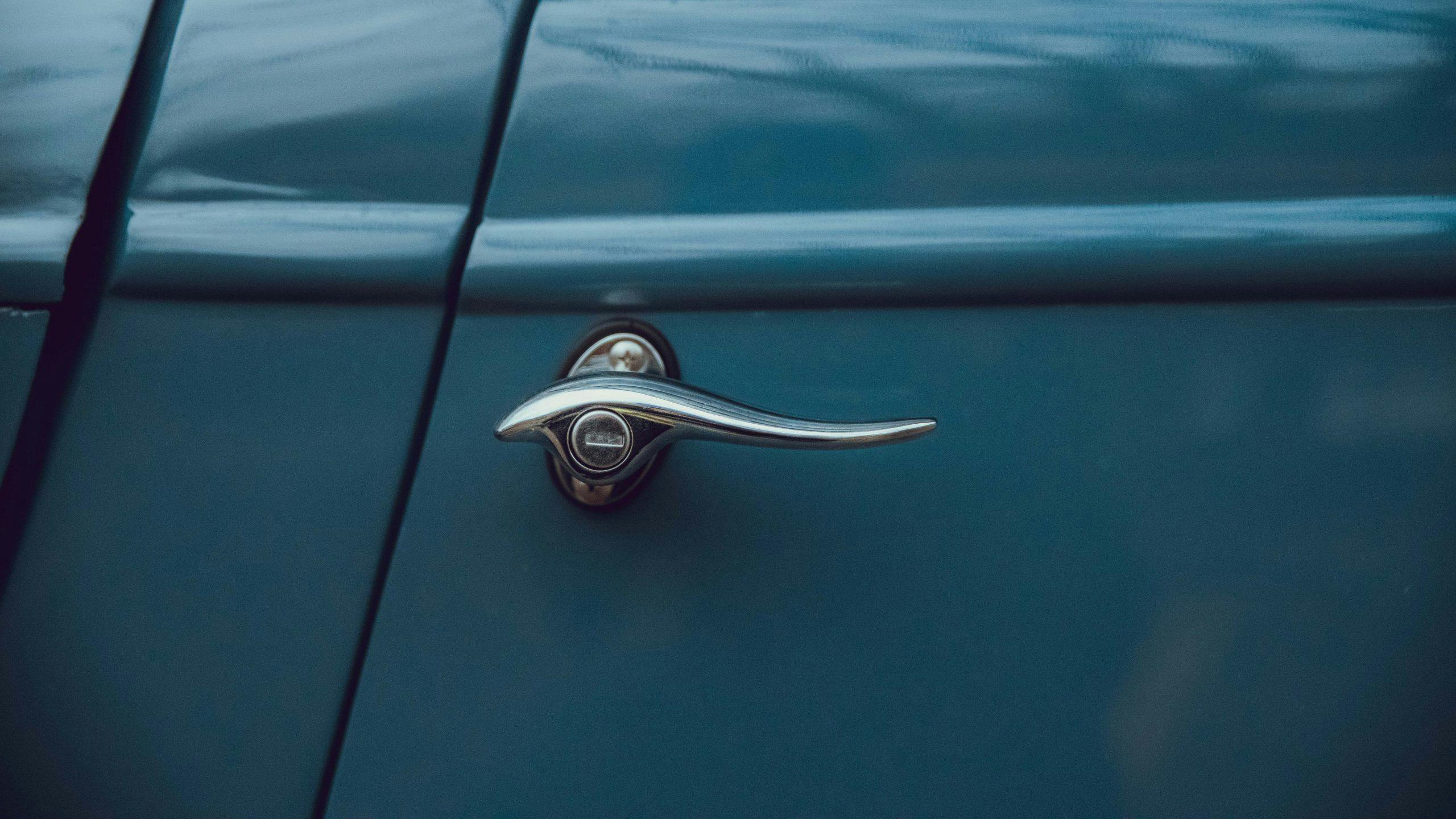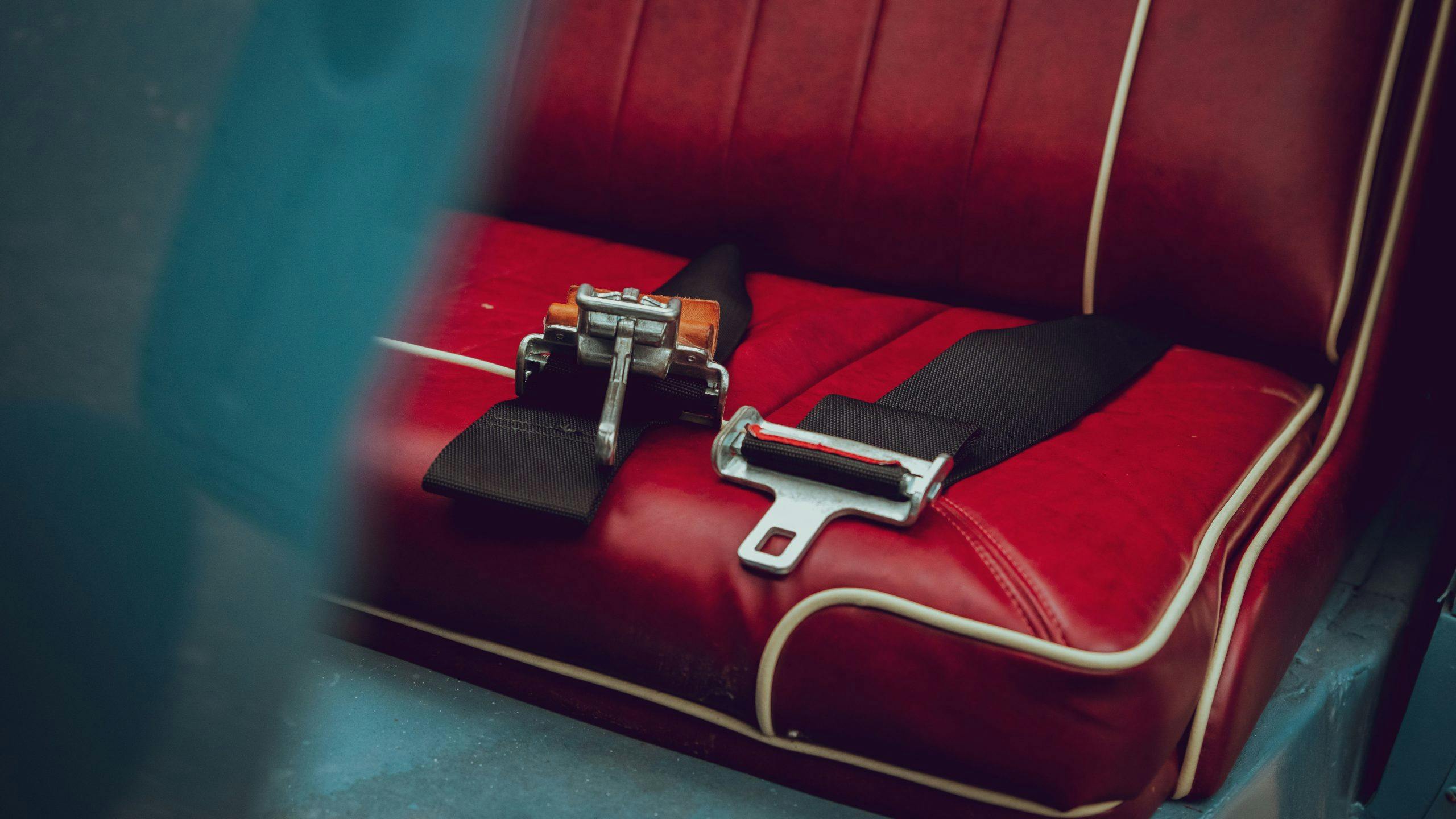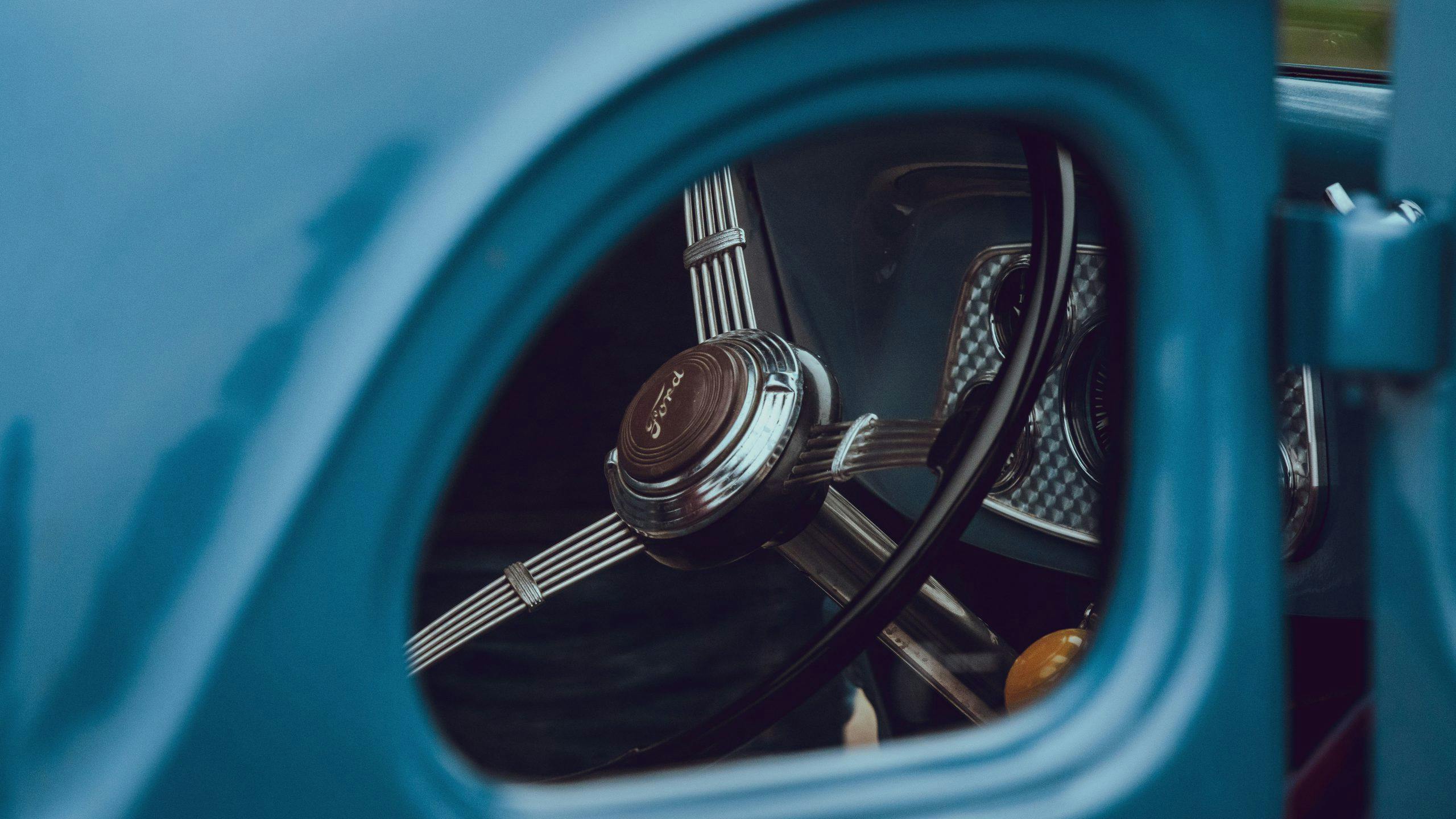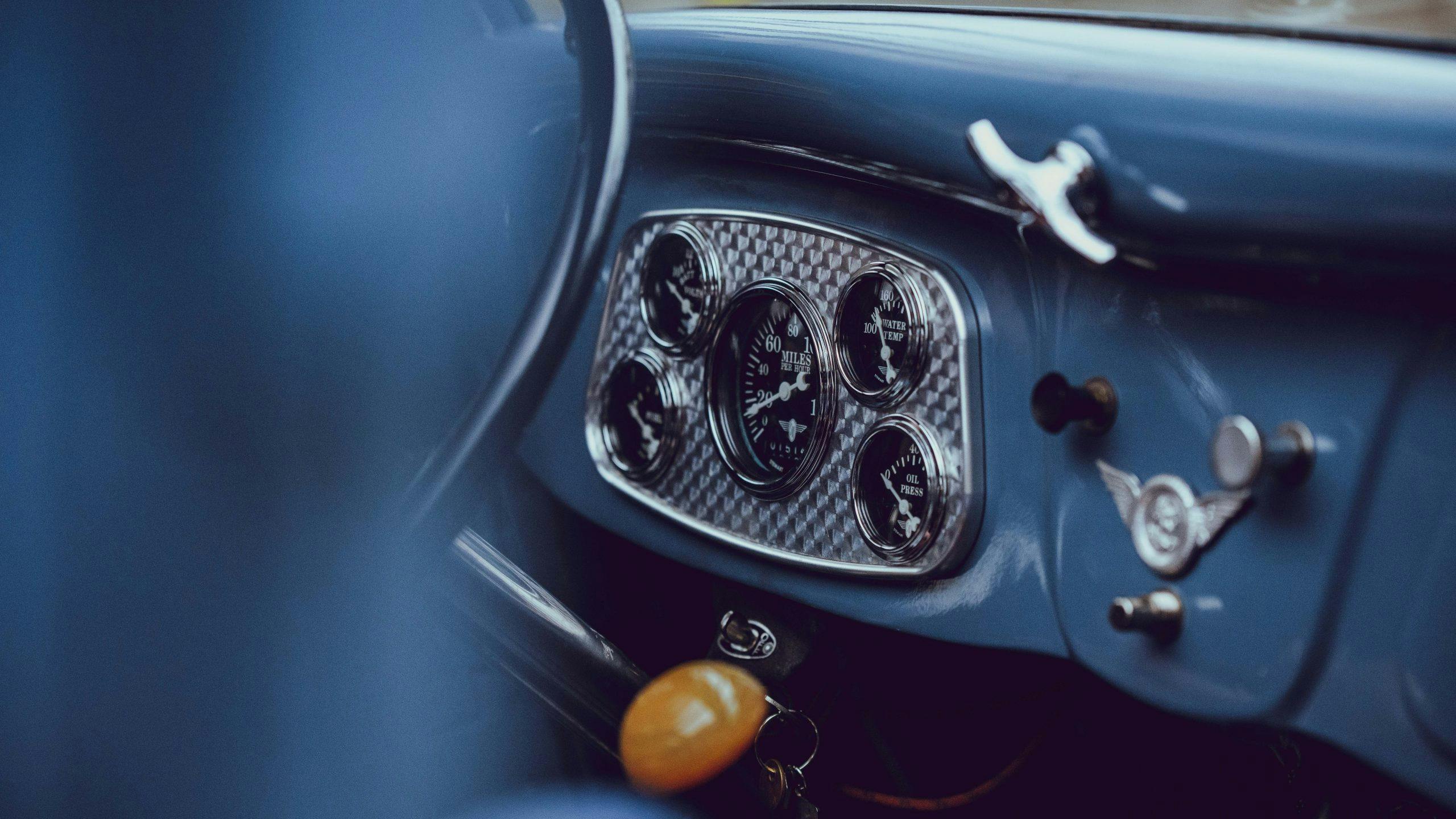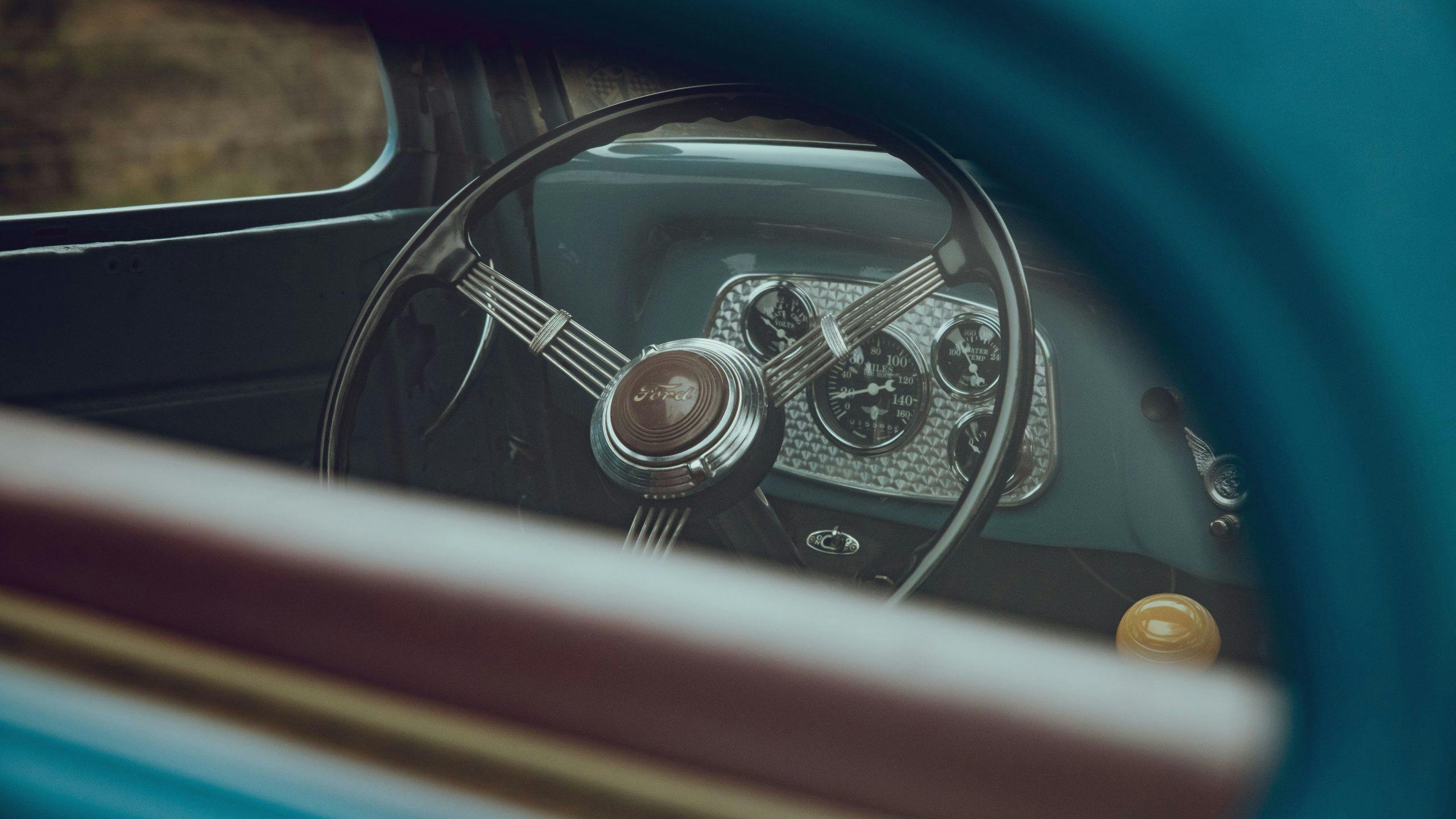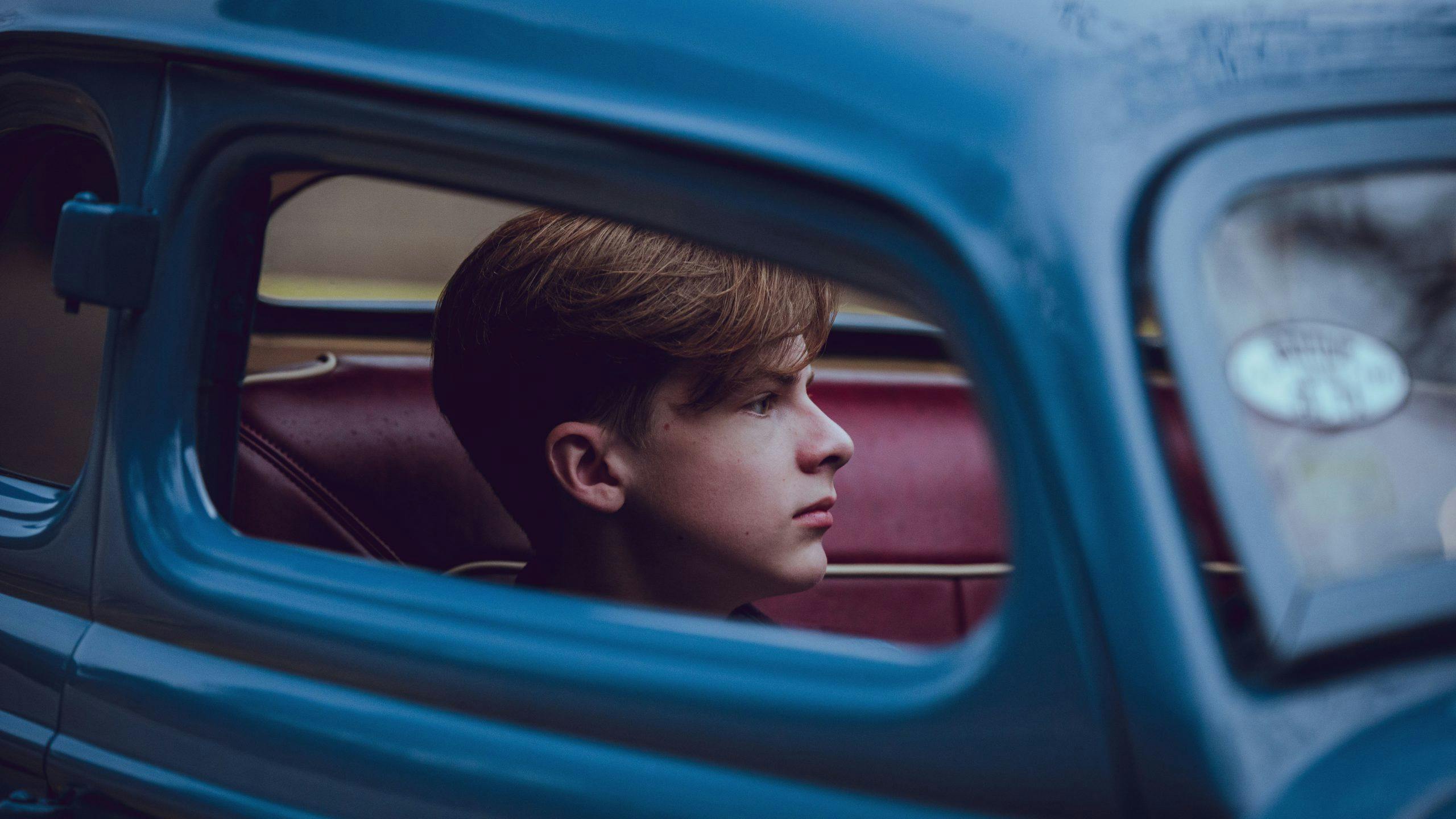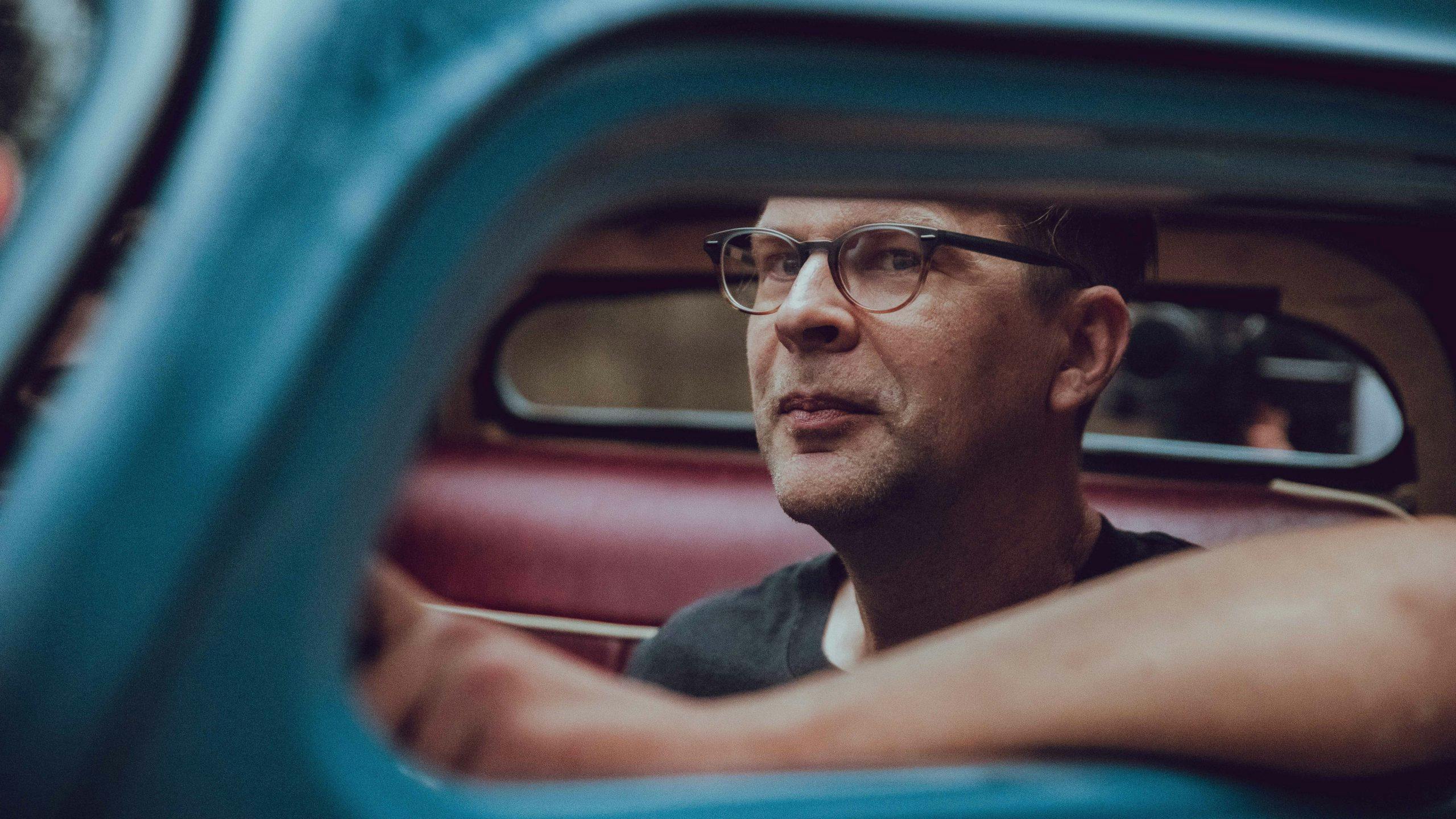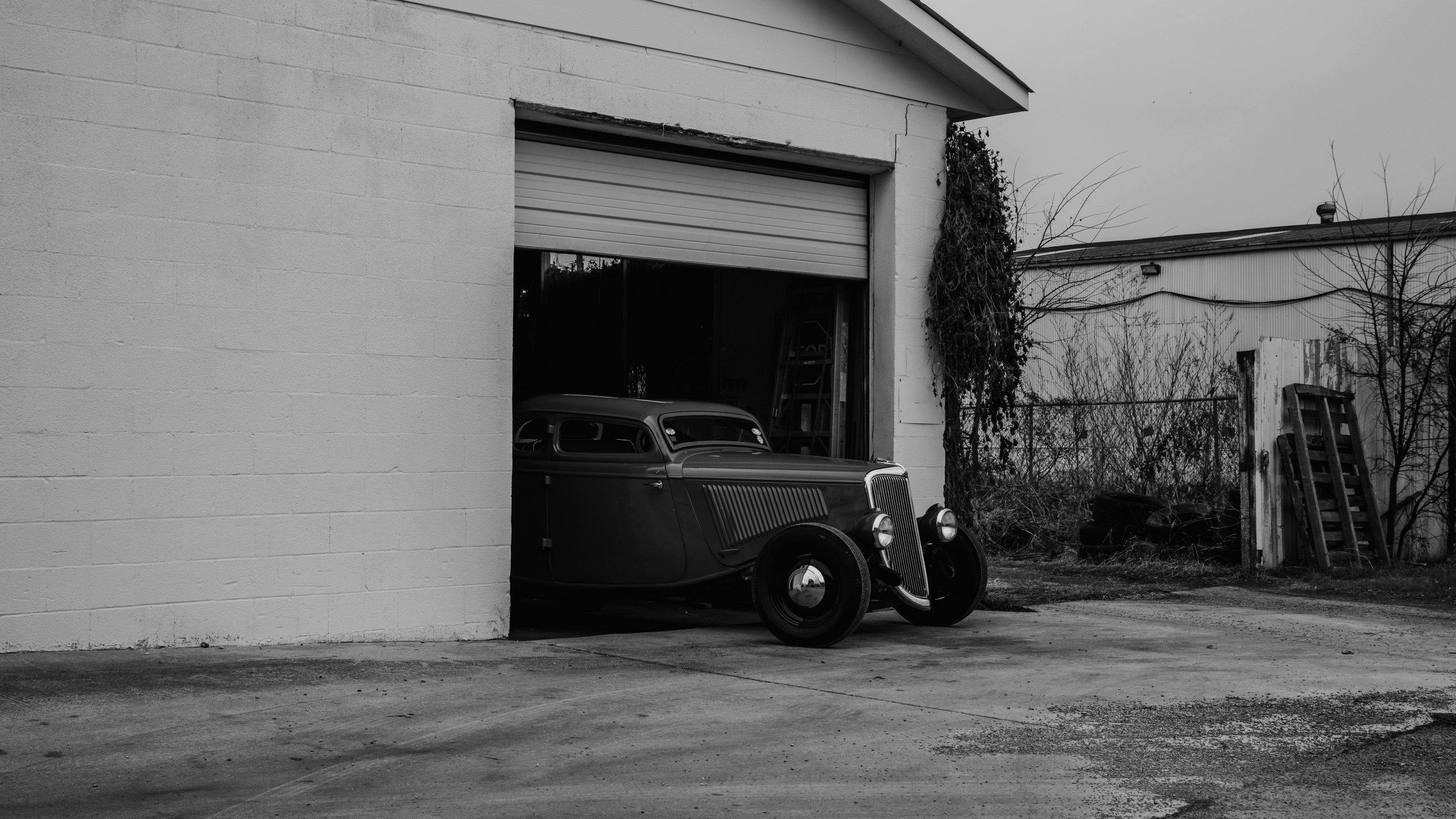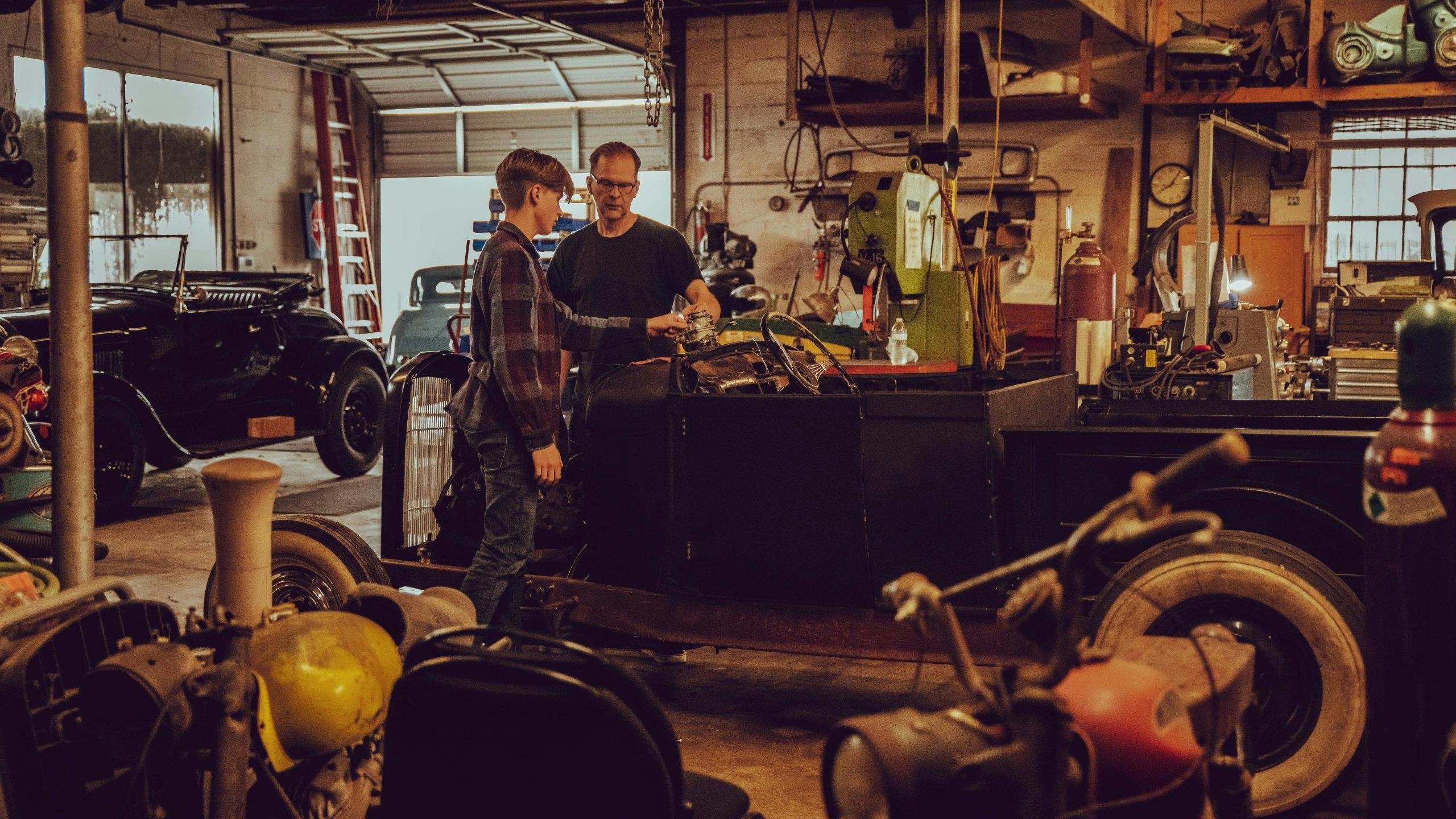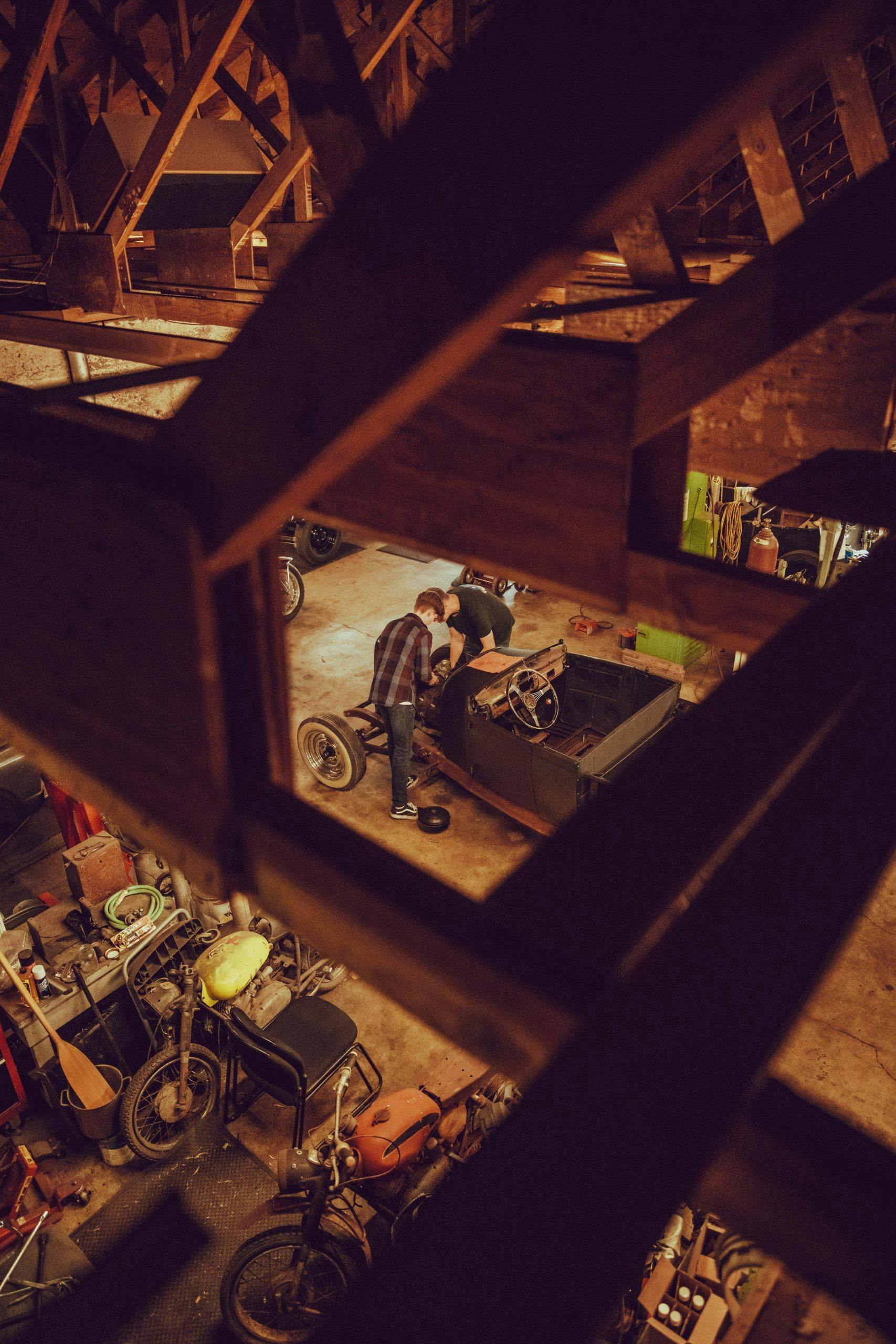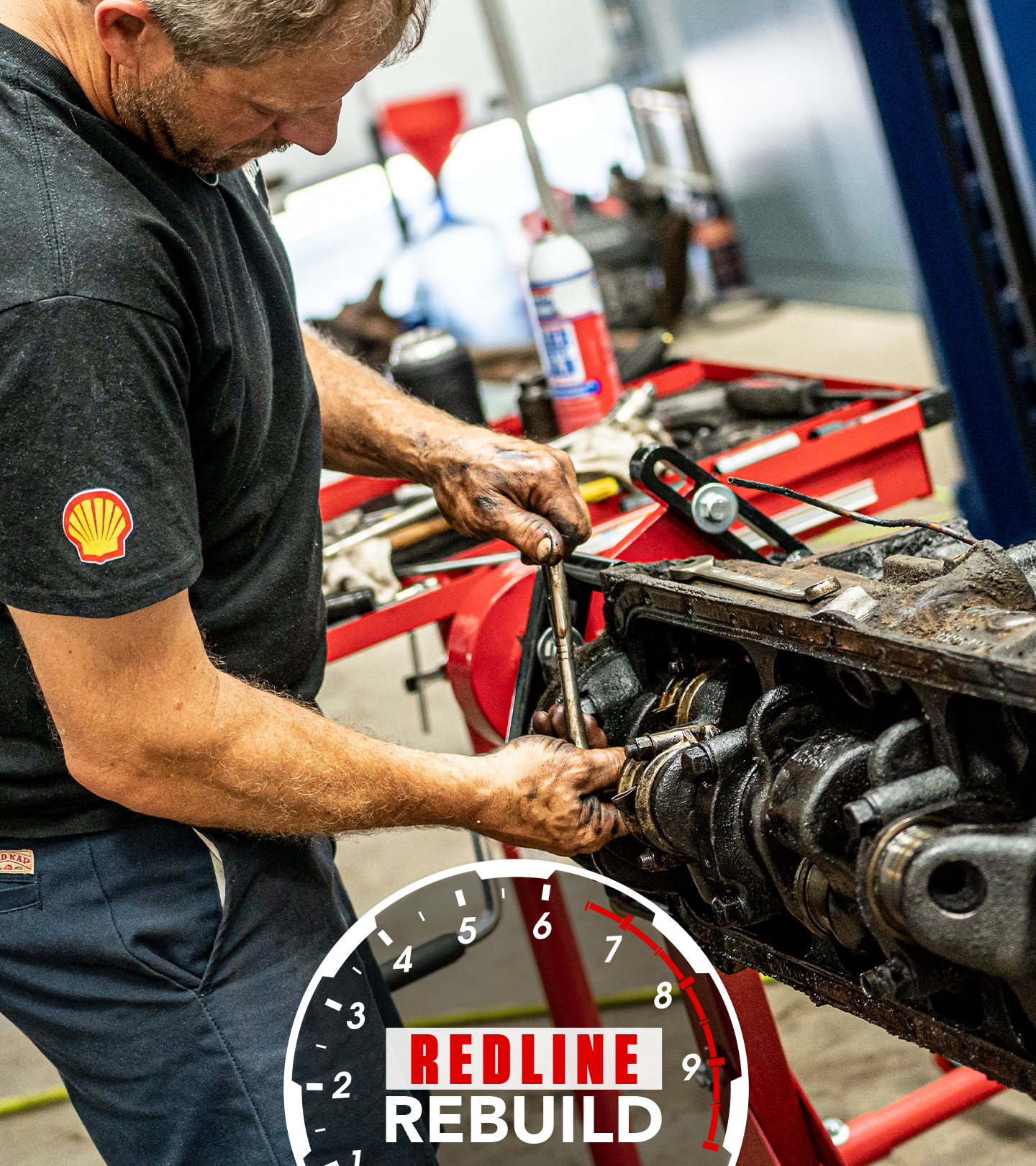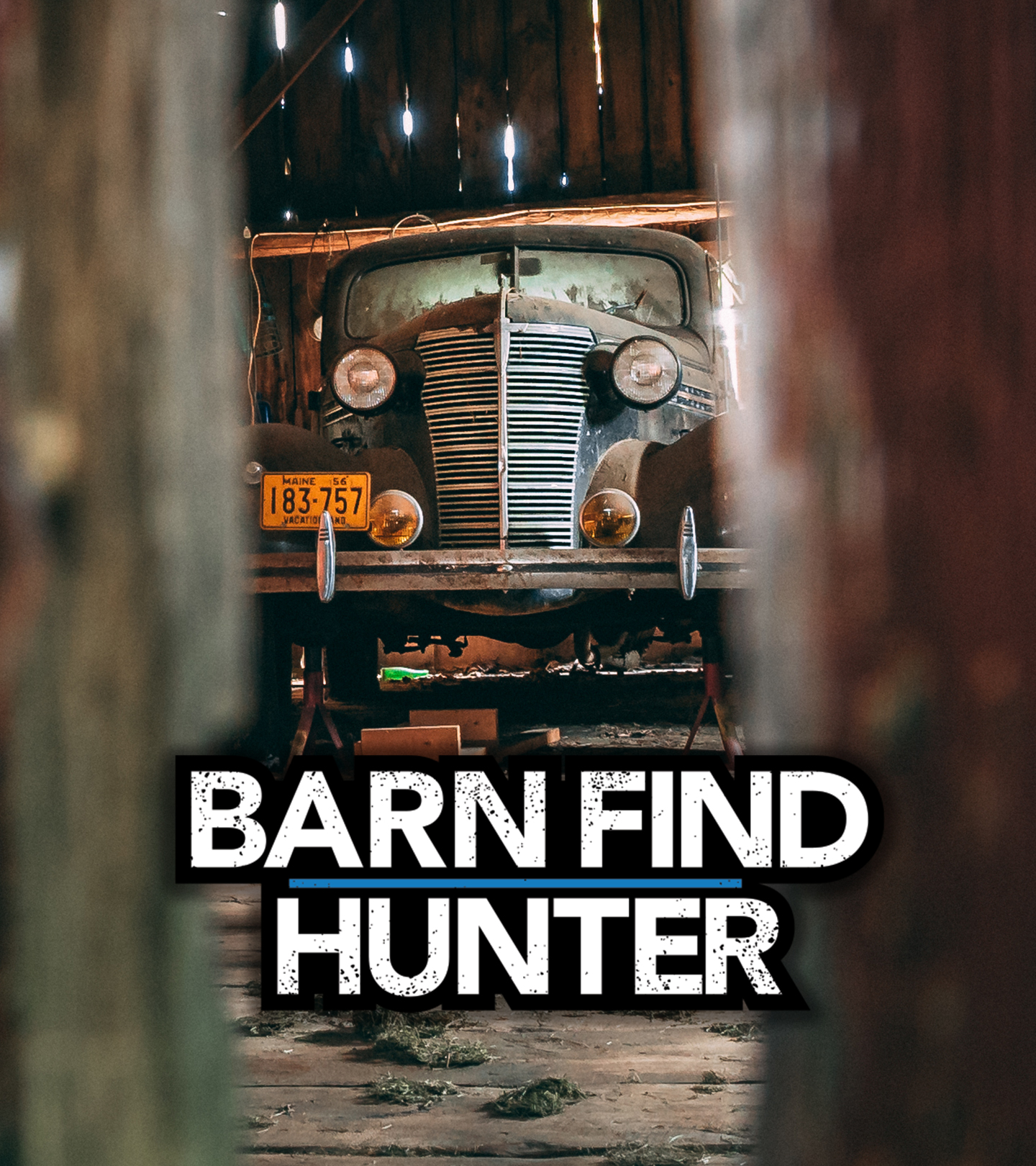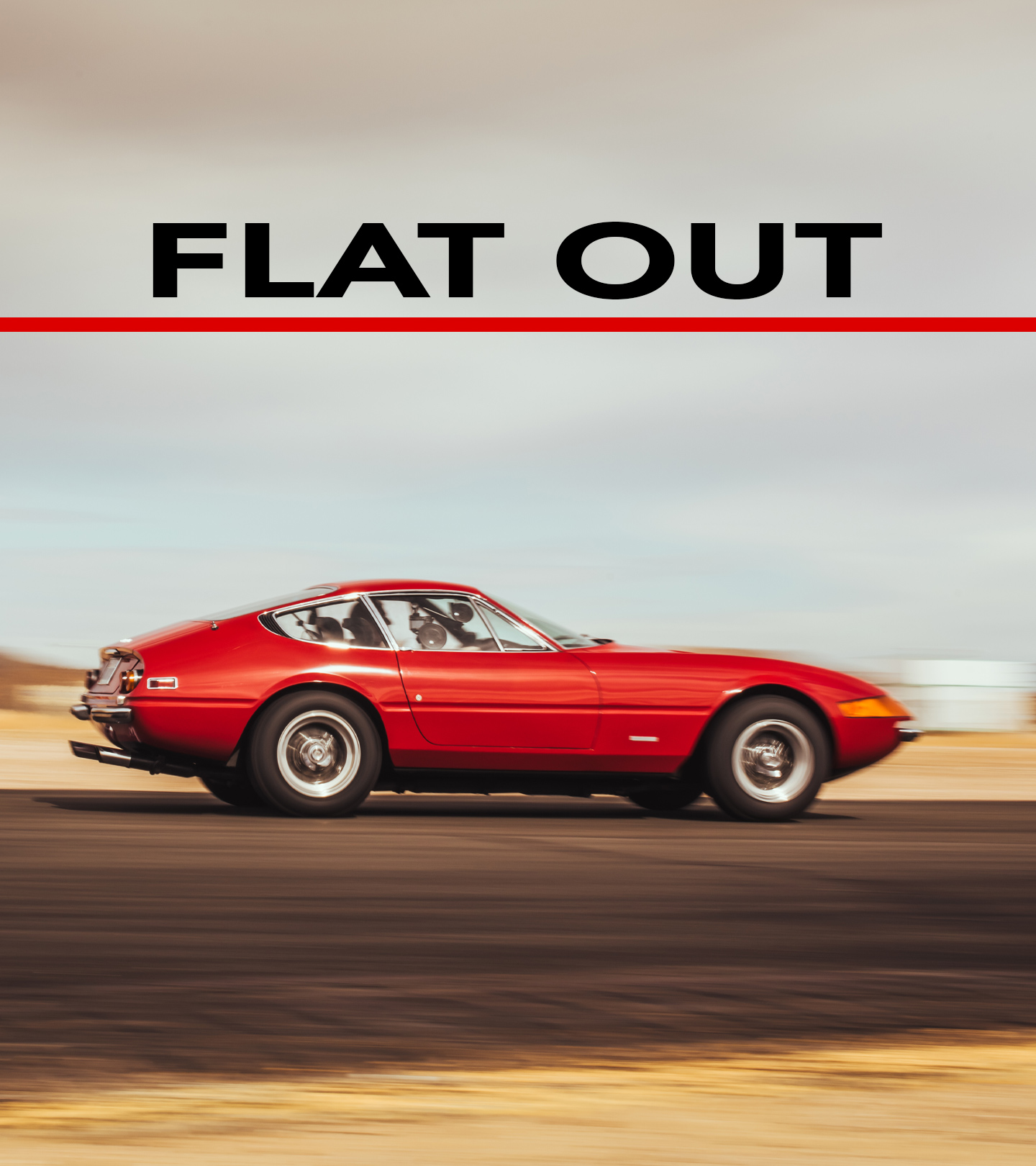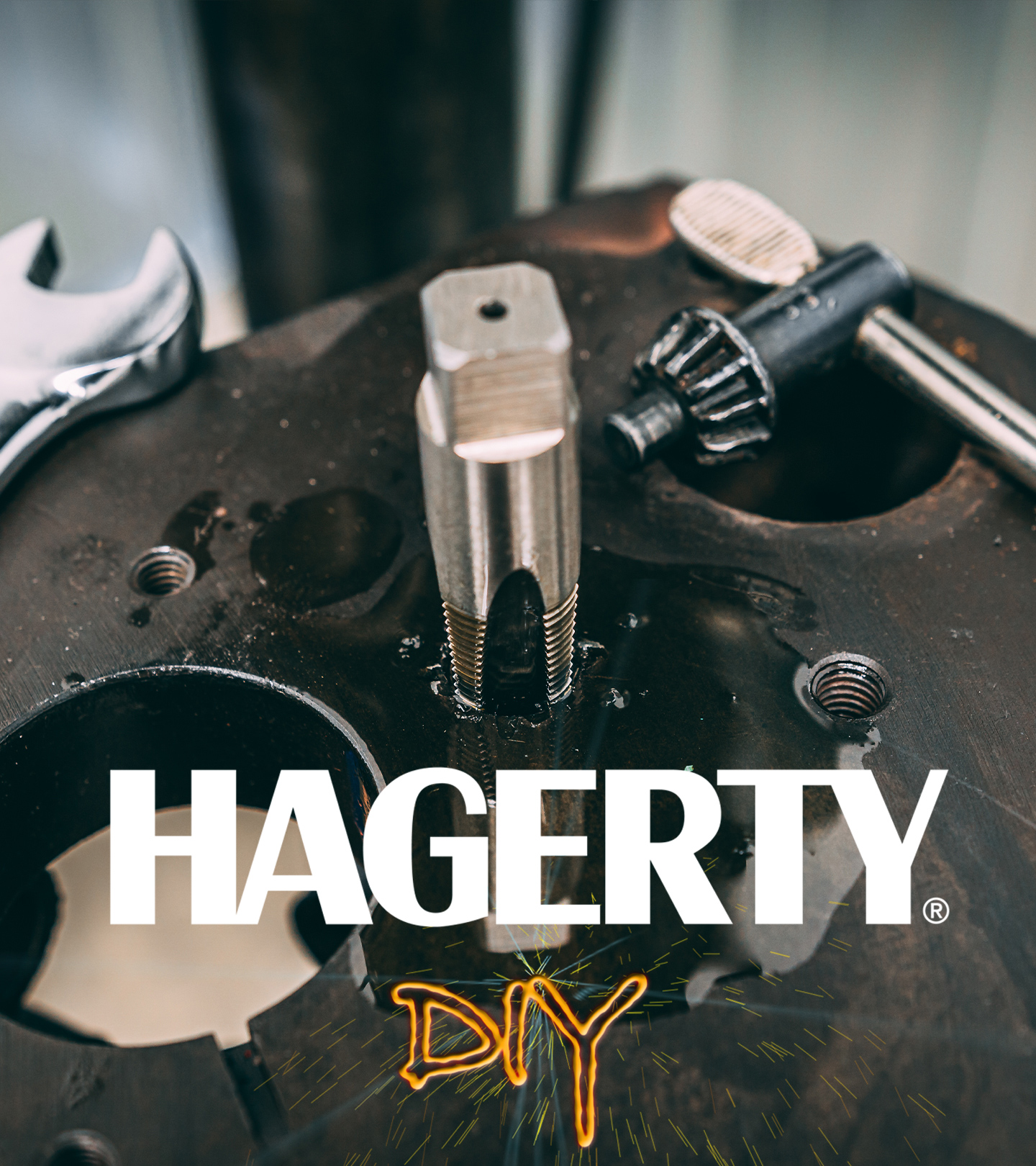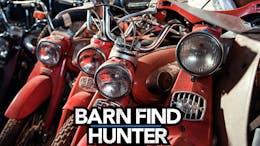Enjoy secretField-Car Ford stories, opinion, and features from across the car world - Hagerty Media
When his friends started getting married and having kids, Chris Niederkrom noticed that they also started selling off their car and motorcycle projects. “Well, that must just be how responsibility and adulthood work,” Chris thought to himself. And so, when Chris and his wife learned that their first child was on the way, Chris went to his friend Mark and announced his resignation from all future automotive fun.
“My wife’s pregnant,” Chris told his buddy. “I guess that means it’s time to sell off these cars.”
Mark was nonplussed.
“That’s not how you do it,” Mark said. “Now is the time to buy more cars, and to involve the kids in everything.”
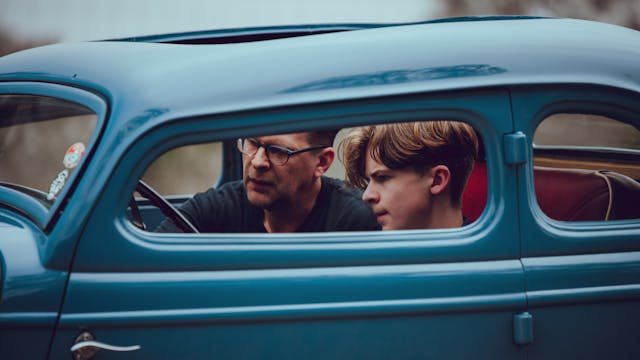
Flash forward to the present day and this conversation echoes in Chris’s screams as he tries to have a conversation with his 15-year-old son, Dean, while they tear along River Road alongside the Guadalupe River, just outside of San Antonio, Texas. They’re riding in their 1933 Ford Coupe, which they built together. The two can barely hear each other over the roar of the car’s exhaust, but they carry on, discussing plans for future car builds, new adventures, and the general minutiae of each other’s weeks.
“This is probably the least convenient place to ever have a conversation,” Chris says, “but that’s where all of our wonderful conversations happen.”
“We do occasionally have really good conversations, but that’s probably when [the exhaust] has the baffles in it,” Dean says, laughing.
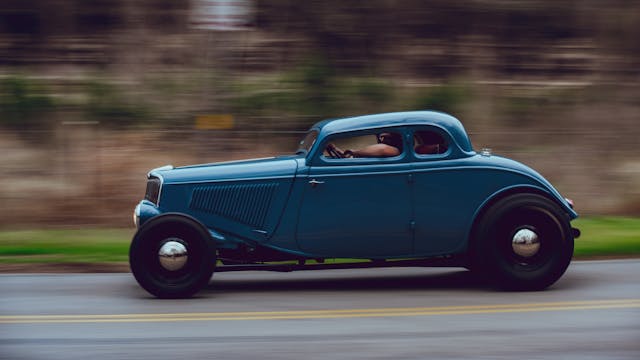
Dean, his dad says, might be the only person he’s ever met who loves cars more than Chris does. The kid is simply a walking encyclopedia when it comes to these period hot rods. He can cite the facts of who built which cars and raced them at which dry lake beds back in the early days of hot-rodding. He loves the myths and legends that so often crowd in on those facts. And, most importantly, he is obsessed by the potential for new possibilities that remain inherent in these rudimentary, 90-year-old machines.
Dean, like his father, also knows that some folks will look askance at their decision to install a small-block Chevrolet motor in this Ford-bodied car, but it’s their car and they have their reasons.
“A lot of people would say that motor doesn’t belong in that car,” Dean says, “but they’re really reliable and you can drive it anywhere, and that’s what we built the car for.”
“I definitely didn’t do it just to annoy people,” Chris adds.
In true hot-rodder fashion, the Niederkroms are more interested in power and reliability than they are in adhering to a loyalty oath that they never swore. Still, tradition matters to the father and son. Chris knows, however, that traditions are not passed along to future generations in the form of physical objects or family heirlooms. Traditions endure through the passing of skills, knowledge, and values. For his part, Dean takes seriously his responsibility to preserve both his family’s legacy and the hot-rodder tradition more generally. Dean’s grandfather built a Ford Model A; Chris has taught Dean the fundamentals of car-building; and now Dean is building (with his own funds and vision) a hot-rodded 1929 Ford Model A roadster pickup of his own.

What guides Dean’s decision-making as he moves through this build of his own car?
“When I’m making decisions about how to build my car, I don’t try to copy what I know someone did back in 1946,” he says. “I just try to think, ‘Would a kid have possibly done something like this back in 1946?’”
The skills, knowledge, and traditions that keep a hobby—in this case, hot-rodding—alive do not endure of their own accord. Each generation must take the initiative to pass them to the next generation of enthusiasts … father to son, neighbor to neighbor, friend to friend. When Chris opted to keep his cars and involve his children, he did his own small part to guarantee that the hot-rodding tradition would survive for at least one more generation.
